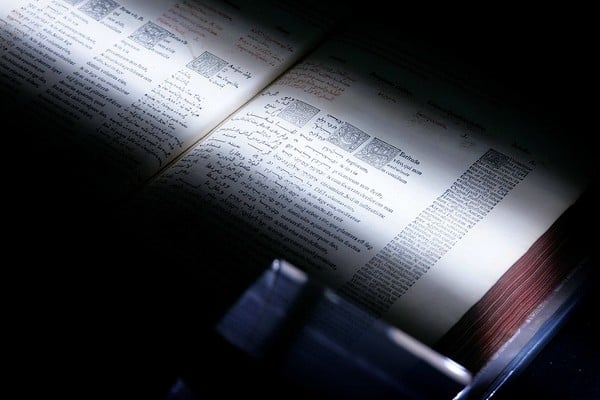
Google Inc.’s settlement with authors and publishers over the digital scanning of books got a preliminary approval from a federal judge last week, but the controversy may be far from over.
In fact, legal experts and industry observers who have been closely following the case believe the fight over Google’s ambitious book-scanning efforts is just starting all over again.
At issue is the ability of the Mountain View, Calif., search company to make available on the Internet digital copies of millions of out-of-print books and "orphan" books, works whose copyright holders cannot be found.
Google was sued in 2005 by the Authors Guild and the Assn. of American Publishers, which claimed that the project violated copyright law. It settled in fall 2008, agreeing to share 67% of any revenue generated by the project with authors and publishers.
Since then, however, hundreds have stepped forward to oppose the settlement, which still awaits final approval from U.S. District Judge Denny Chin, who is presiding over the case.
"His preliminary approval is just his procedural OK for the parties to go ahead" to the next step of the settlement process, said James Grimmelmann, a professor at New York Law School.
By giving his blessing, Chin in essence restarted the clock for critics to lob their complaints, giving them until Jan. 28 to file additional objections. Foes include Google rivals Amazon.com Inc. and Microsoft Corp., as well as nonprofit groups such as Consumer Watchdog and the Internet Archive.
Both sides are set to square off before Chin at a Feb. 28 hearing in New York.
The hearing has already been postponed twice — derailed first in June by authors who said they needed more time to review the complex agreement, and again in October after the Department of Justice weighed in with concerns over antitrust issues and whether authors were given sufficient notice of the settlement.
Google, along with the Authors Guild and the Assn. of American Publishers, responded Nov. 13 with a revised agreement crafted to address some of those objections.
Among the most significant concessions is the removal of books published outside the United States, Canada, Britain and Australia.
Jonathan Band, an intellectual property and Internet law attorney in Washington, estimated that half of the books in the original settlement fit that description.
That modification "dramatically cut back the scale of the opposition," Band said. Some of the most vociferous opposition came from publishers in France, Germany, India and China.
The revised agreement also would create a trustee position to oversee the royalties earned from the sale of access to orphan books.
If the money remains unclaimed after five years, the trustee may spend 25% of it to actively locate rights holders. After 10 years, unclaimed money may go to charities that promote literacy.
The original agreement would have distributed the money to a proposed registry run by authors and publishers set up to distribute royalties to copyright holders.
A third change removes a provision that would have prevented other companies from getting more favorable licensing terms than what Google would have secured under the settlement, addressing a Justice Department concern over a lack of competition.
Google also sought to soothe federal regulators by waiving a potential immunity from future antitrust lawsuits. Some legal scholars have suggested that if a federal judge approves the settlement, it would preclude another federal entity from suing.
By waiving that immunity, Google may have taken the heat off the Justice Department by giving the regulators more time to see whether the deal leads to monopoly prices before they mount an all-out objection, wrote Randal C. Picker, a professor at the University of Chicago’s law school.
Although these and other concessions took care of some issues raised by critics, others remain.
Potentially the most nettlesome is the question of whether the parties in the settlement should have the right to speak for, and profit from, millions of absent copyright holders.
Critics have argued that Congress, not a private lawsuit in federal court, is the appropriate venue to settle the conflict because its outcome could alter the rights of many people who may not be aware of the case.
So even if Chin grants final approval, the settlement could remain mired in courts.
Among those who have said they would appeal is Scott E. Gant, a class-action attorney with Boies, Schiller & Flexner. Gant filed a personal objection to the settlement in his role as an author of a book titled "We’re All Journalists Now: The Transformation of the Press and Reshaping of the Law in the Internet Age."
"I am gravely concerned about the rights of the absent class members who are either unaware or do not understand the implications of this settlement," Gant said.
"It could be several years," he added, "before we will see final resolution."
Contact the author at: [email protected]

Sat, Nov 28, 2009 at 11:02 am